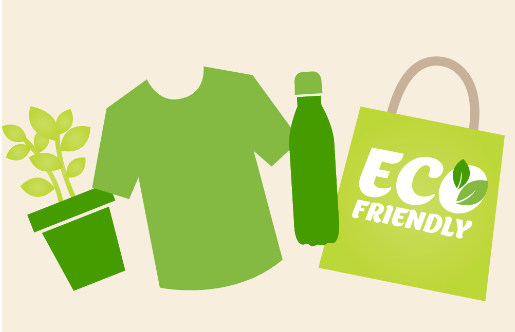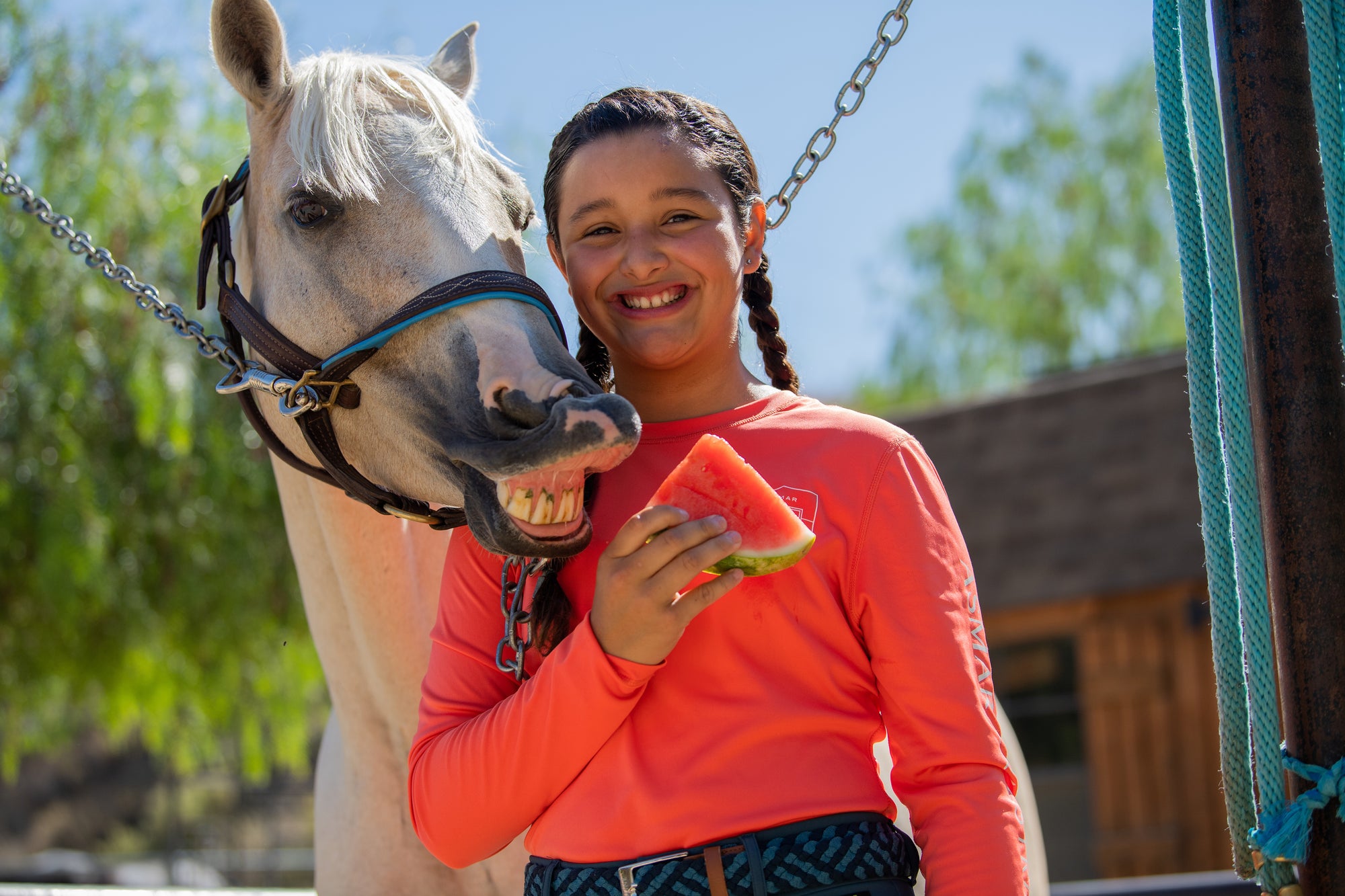Widespread use of synthetic fabrics in workout clothes like equestrian apparel has become the norm. Should we as equestrians be concerned with consuming less synthetic fabrics?
Polyester is commonly used in equestrian apparel. The overall combination of durability, wrinkle resistance, moisture wicking properties, color-retention, affordability, stretch and other properties are some of the reasons it’s ideal for equestrian sports. With that said, synthetic fibers are plastics and we have gone out of our way as a society to reduce the use of plastic water bottles, straws, etc. for our health and the environment.
Megan Muscarella, creator of the equestrian brand Solid Citizen explained, “Polyester is essentially made up of plastic in the simplest of terms. It is far less risky for a brand to invest in polyester fabric because it is not a temperamental fabric- it is highly engineered and has far less variables that occur than when working with natural fibers. As far as cost goes- it really depends on the region you are sourcing from. The best performance fabrics are currently coming out of Italy, Japan and Korea and these costs are very high. The biggest issue I have found while working in the industry (with the biggest brands, with the biggest budgets) is the pressure to hit a target margin- which has led most production to China and the counter sourcing of these well made fabrics to be developed there.”
The environmental impact of using synthetic fibers comes with a cost. Everytime polyester is washed, microplastic fibers are released. Researcher Yasmina Achlim writes, “Microplastics are polluting almost every conceivable ecosystem. They have even been found in the incredible remote deep sea. When toxic chemicals and plastic are distributed into nature, it’s to be expected that they eventually end up in our food web. We drink the water and, if you’re not vegetarian, eat the fish that live in the same water we dump our plastic waste into.” Just like with the reduction of plastics from other areas of our life, we can strive for improvement with our clothing by opting for natural options like cotton, linen, hemp, jute, wool, and bamboo. Reselling and shopping second hand is a huge help in lessening our carbon footprint by extending the life of items, slowing down the impact of manufacturing on our ecosystem.
As equestrian’s we have spent an exorbitant amount of money on synthetic fabrics. Athletes tend to prefer the feeling of synthetic fabrics as it is quite durable and less likely to thin from frequent use. One suggestion, to make the most out of the apparel in the healthiest way, is removing your riding clothes that are made of synthetic fabrics after you have ridden so the plastic exposure is shortened, especially on hot days.
Recycled polyester is a great option as well to being more eco conscious while still keeping the same feel of a performance fabric. Through consignment, we have seen some diminishing effects of polyester on our environment. According to a report done by Thredup an online consignment/ thrift store, “If every consumer this year bought just one second hand garment instead of a new one, it would lower CO2 emissions by more than 2 billion pounds, equal to taking 76 million cars off the road for a day, and save some 23 billion gallons of water and 4 billion kilowatt-hours of energy.”
Being aware is the first step! We can keep our eyes out for more natural based apparel as well as shopping through consignment/thrift. Some equestrian brands do opt for a bigger cotton percentage than polyester. Tailored Sportsman breeches are made up of 73% cotton and only 20% polyamide.
Knowledge of how our clothing can impact our health and the environment is key so we can make changes, small or big for the greater good!



